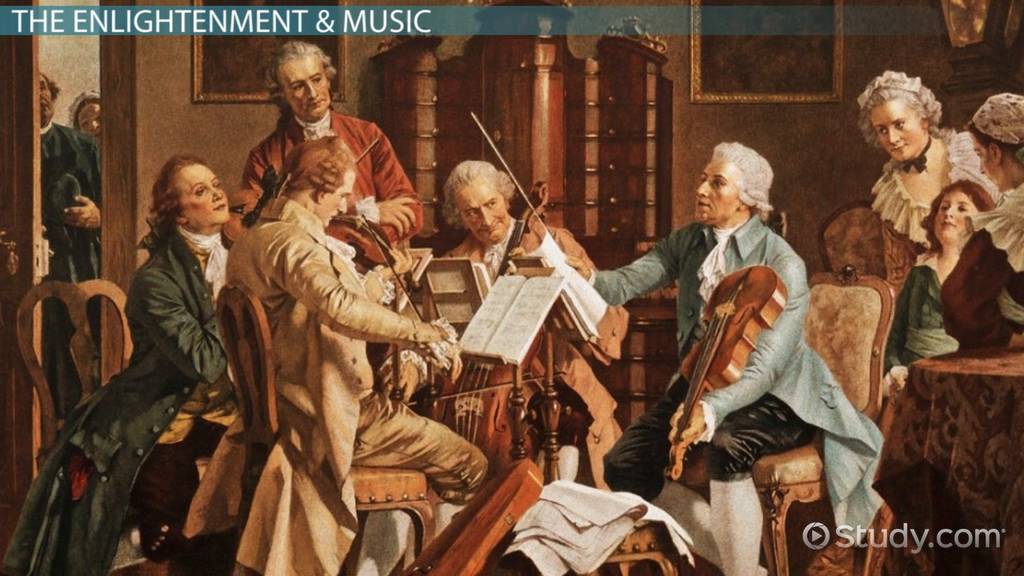The Renaissance and the Enlightenment were two significant periods in European history that brought about significant cultural and intellectual changes. The Renaissance marked a departure from the Middle Ages and ushered in the modern age, characterized by a renewed interest in classical learning, humanism, and the arts, while the Enlightenment saw a shift towards scientific thinking and critical analysis marked by a focus on reason, individualism, freedom, and progress. Despite their differences, both periods promoted a shift in thinking from traditional norms to new ideas, prompting scientific and intellectual advancements that have shaped the way people view the world.
The Renaissance vs. The Enlightenment: A Comparative Analysis of Two Eras
Introduction
The Renaissance and the Enlightenment were two revolutionary periods in European history that brought about significant cultural and intellectual changes. Both eras saw a surge in art, literature, philosophy, and science, which reshaped people’s perspectives on life and society. This article compares and contrasts the Renaissance and the Enlightenment, highlighting their similarities and differences.
The Renaissance
The Renaissance, which started in Italy during the 14th century and spread throughout Europe, was a period of rebirth, revival, and rediscovery. It marked a departure from the Middle Ages and ushered in the modern age. The Renaissance was characterized by a renewed interest in classical learning, humanism, and the arts. The period was marked by great works of art, literature, philosophy, and science, which have continued to inspire generations.
Art
The art of the Renaissance was characterized by realism, attention to detail, and perspective. Renaissance artists such as Leonardo da Vinci, Michelangelo, and Raphael revolutionized the art world by creating lifelike sculptures and paintings that captured the human form and emotions. The Renaissance period saw the emergence of various art movements such as High Renaissance, Mannerism, and Baroque.
Philosophy
The philosophy of the Renaissance was marked by a renewed interest in classical learning and humanism. Humanism emphasized the value of human beings, their potential, and the importance of human dignity. Renaissance philosophers such as Niccolo Machiavelli and Thomas More left their mark by advocating for political and social change.
The Enlightenment
The Enlightenment, which emerged in the 17th and 18th centuries, was a period of intellectual and cultural movement that rejected traditional authority in favor of reason and logic. The Enlightenment saw a shift towards scientific, empirical thinking and critical analysis. The period was marked by great works of philosophy, science, and politics.
Science
The scientific revolution of the Enlightenment saw a surge in scientific inquiry and discovery. Philosopher-scientists such as Isaac Newton and Galileo Galilei made fundamental contributions to our understanding of the world, which have continued to shape our world today. They challenged traditional beliefs and paved the way for modern scientific thinking.
Philosophy
The philosophy of the Enlightenment was marked by a focus on reason, individualism, freedom, and progress. Enlightenment thinkers such as Immanuel Kant, John Locke, and Voltaire proposed ideas that emphasized the importance of human rights, democracy, and scientific inquiry. They challenged religious dogma, absolute monarchs, and traditional social structures.
Comparisons and Contrasts
Although the Renaissance and the Enlightenment were two different eras, they shared many similarities and differences.
Similarities
Both the Renaissance and the Enlightenment saw a renewed interest in classical learning and humanism. Both eras prompted a shift in thinking from traditional norms to new ideas, which challenged the status quo. Both periods were marked by scientific and intellectual advancements that shaped the way people viewed the world. Furthermore, both eras saw great works of art, literature, philosophy, and science that have shaped modern culture.
Differences
The Renaissance was characterized by a focus on art, literature, and philosophy, while the Enlightenment was marked by a shift towards scientific thinking and critical analysis. The Renaissance was primarily driven by the revival of classical learning, while the Enlightenment saw a rejection of traditional authority in favor of reason and logic. Additionally, the Renaissance saw a resurgence of interest in religion, while the Enlightenment was marked by a shift towards secular thinking.
Conclusion
In conclusion, the Renaissance and the Enlightenment were two remarkable eras that brought significant cultural and intellectual changes. Both periods saw the emergence of great works of art, literature, philosophy, and science that have shaped modern culture. Although they shared many similarities, the Renaissance and the Enlightenment were marked by fundamental differences that make them distinct from each other. Each era had its unique contributions to modern society, which have continued to inspire and shape the world today.
